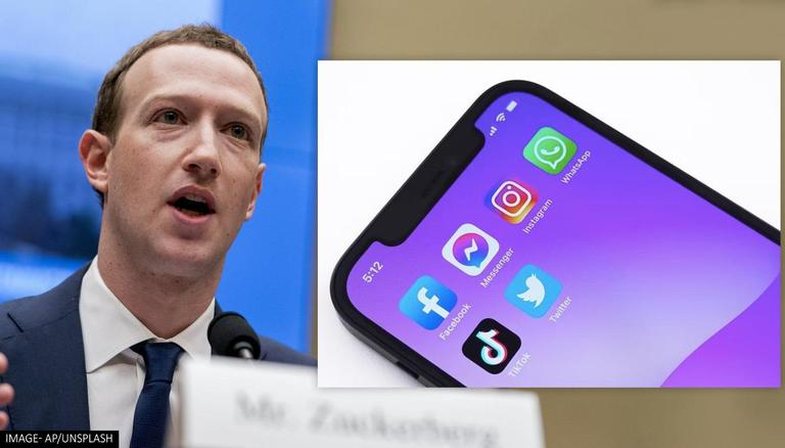
Facebook and Instagram could be shut down across Europe over a dispute over data transfer, said Meta, the platform's parent company.
The issue relates to European data regulations that prevent Meta, formerly known as Facebook, from transferring, storing and processing European data on servers in the US.
In the annual report to the US Securities and Exchange Commission, Meta warned that unless a new framework is approved and the company can no longer use the current model agreement, Facebook and Instagram will probably no longer be used. in Europe.

Meta stressed that the processing of user data between countries is essential for business and advertising. The company clarified that it thinks it will be able to reach a new deal this year, but if it does not, it said: "We will not be able to offer a number of our most important products and services, including Facebook and Instagram, in Europe. ”
The European Court of Justice annulled the previous agreement in July 2020, arguing that the privacy of European citizens is not properly protected. The EU and US have said they are working on a new or updated version of the agreement.

"Securing a new agreement on secure transatlantic data flows is a priority for us and our American partners," a European Commission spokesman told Euronews Next. "These negotiations take some time, also taking into account the complexity of the issues discussed and the need to strike a balance between privacy and security."
"We have absolutely no desire or plan to withdraw from Europe, but the simple reality is that Meta, and many other businesses, organizations and services, rely on data transfer between the EU and the US to provide global services, "Meta said in a statement to Euronews Next.





